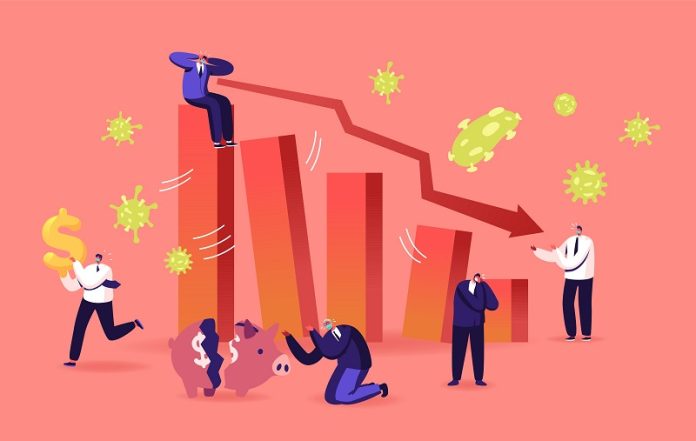
A recent study has analyzed health data from nearly 213,000 Americans who experienced reinfections with the virus causing COVID-19.
Researchers found that individuals who had severe COVID-19 the first time are likely to face similarly severe reinfections.
Additionally, the study showed that long COVID is more common after a first infection than after a reinfection. This study was published in Communications Medicine.
The research utilized electronic health records from the National COVID Cohort Collaborative (N3C), which included data from 3.1 million Americans. The focus was on 212,984 individuals who reported reinfections.
These participants were initially infected between March 1, 2020, and December 31, 2022, and experienced a second infection by March 2023. Most of these individuals (203,735) had COVID-19 twice, while a smaller group (478) had the virus three times or more.
Though COVID-19 vaccines were not available throughout the entire study period, they were associated with a protective effect.
The study revealed that about 27% of individuals who required hospital care for their initial severe COVID-19 infection also needed hospitalization for reinfections. These severe cases were more common among adults with underlying health conditions and those aged 60 or older.
Conversely, 87% of individuals who had mild initial infections that did not require hospital care also experienced mild reinfections.
Reinfections were defined as occurring at least two months after the first infection. The frequency of reinfections increased when omicron variants were widespread in late 2021 and early 2022. This uptick was likely due to waning immunity and increased exposure to highly infectious variants.
Regardless of the variant, long COVID was more likely to occur after the first infection rather than reinfections. Long COVID, as defined in the study, includes long-term symptoms such as fatigue, cough, and problems with sleep, breathing, or cognitive functions after an acute infection.
Another significant finding was the potential link between lower levels of albumin, a protein produced by the liver, and a higher risk of reinfection. This suggests that lower albumin levels could be a risk marker for reinfection.
Researchers believe this finding warrants further investigation, such as trials to test if nutritional interventions might prevent reinfections or reduce their severity.
In summary, the study highlights the importance of monitoring individuals who have had severe COVID-19, as they are at a higher risk for severe reinfections. It also underscores the need for ongoing research into the long-term effects of COVID-19 and potential risk factors for reinfection.
If you care about COVID, please read studies about vitamin D deficiency linked to severe COVID-19, death, and how diets could help manage post-COVID syndrome.
For more information about COVID, please see recent studies that low-sodium plant-based diets may prevent COVID-19 better, and results showing zinc could help reduce COVID-19 infection risk.
The research findings can be found in Communications Medicine.
Copyright © 2024 Knowridge Science Report. All rights reserved.



